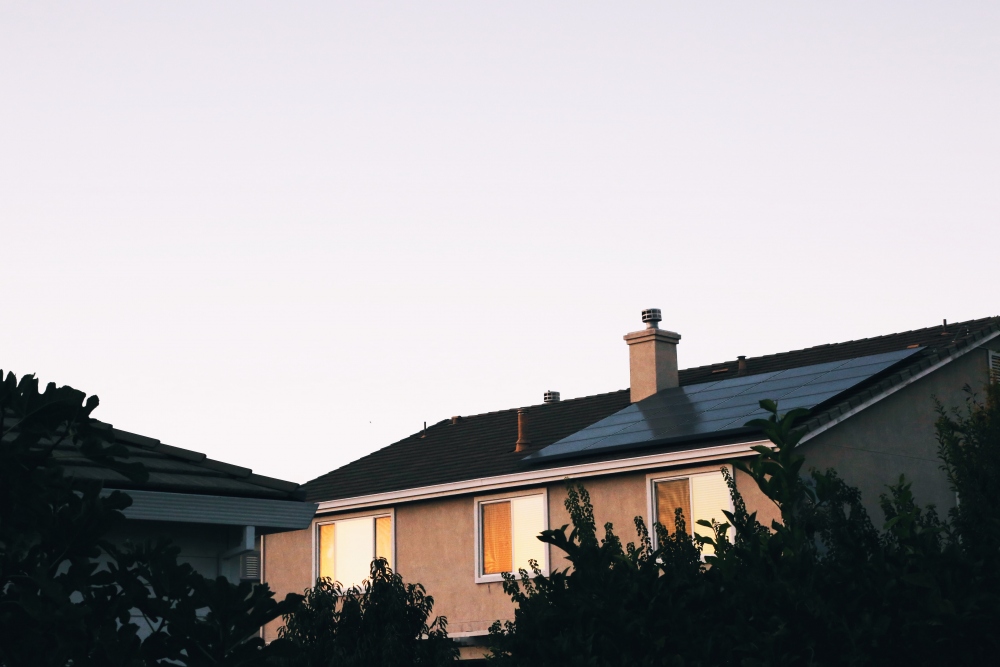Over recent decades, it’s become more popular for homeowners to install solar panels. Many people make this switch because traditional electricity costs are now unmanageable – and the 26% federal tax credit doesn’t hurt, either. However, solar panels aren’t the best move for all homes, especially when you consider a few factors.
Here’s a look at what you need to consider before you make this investment.
1. Check Your Electric Bill
Before you fork over a few thousand dollars for solar panels, it’s essential to figure out whether they’ll make a difference financially. The average American household spends around $117 on electricity each month. That comes out to $1,400 annually. It’s important to note that electricity costs aren’t stagnant — they tend to increase every year.
Therefore, you can expect to pay more for electricity as time passes.
If you don’t use much electricity now, it’s not sensible to spend thousands on a solar panel system. Plus, you never know how much energy will cost next year. Unless you’re concerned about your electric bill, it’s best to make other green choices at home before you commit to solar panels. In any case, you’ll want to make sure that you understand your current expenses before you decide.
2. Analyze Your Home’s Condition
A solar panel system needs continuous sunlight to work properly. That’s why you’ll need to look at your home’s position. You probably won’t experience enough sunlight if your roof faces north. Additionally, it’s important to check what surrounds your house. Are there nearby trees or mountains that create shade?
Your roof’s size and age matter as well. Most roofs need considerable square footage to fit solar panels. You’ll also want your roof to have some life left. If it won’t last for another 20 or so years, it may be best to reconsider. You should also think about whether you plan to move. Though people like to buy homes with solar panels, it’s unwise to spend $15,000 on them if you won’t benefit.
Take a day to study your roof and note these factors. It may be the perfect location for a solar panel system.
3. Examine Residential Solar Costs
Because you must pay upfront for solar panels, it’s essential to consider your local costs. Each state varies when it comes to solar panel fees. The average price for a solar panel system ranges from $16,000 to $30,000 if you don’t include the government tax credit. You can expect to save on your monthly electric bill almost immediately, and your solar panels should pay for themselves within 20 years.
Look at your area to determine whether solar panels are affordable for you. You should also remember the financial incentives available for solar panel installation. These figures vary across the country, so be sure to double-check the possibilities.
Solar Could Be a Smart Choice for Your Household
It’s a smart idea to pursue solar energy if you have ideal conditions. It can help the planet and your electric bill! Consider these factors before you invest.







Recent Comments